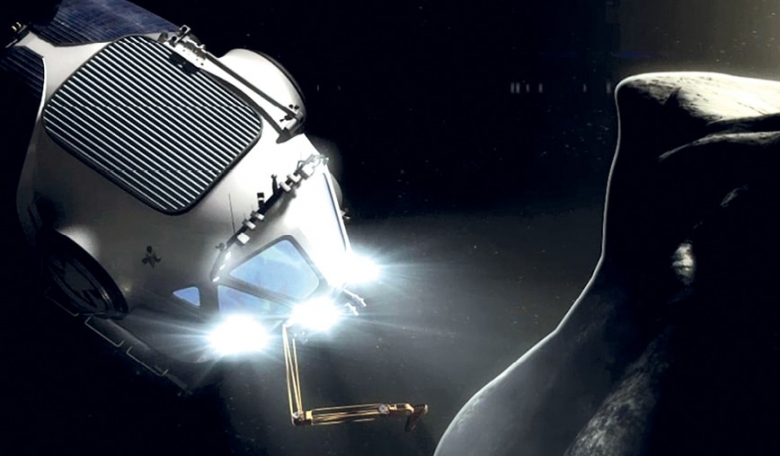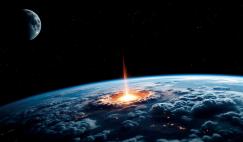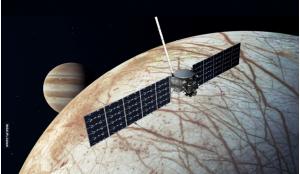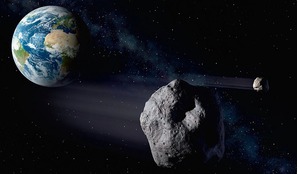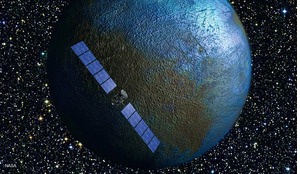Both the US Commercial Space Launch Act of 2015 and the Luxemburg Law on the Exploration and Use of Space Resources of 2017 stress that they are in conformity with the framework of international law. But is that really true? In the following article Stephan Hobe argues that such is not the case.
It goes beyond the traditional argument that the letters of international legislation governing activities in outer space are either not accepted by the respective countries (Moon Agreement) or are too general and too inexplicit to articulate such prohibition (the Outer Space Treaty).
It is true that Article II of the Outer Space Treaty explicitly prohibits the national appropriation of outer space and the celestial bodies by means of sovereignty, by means of use or by any other means. Thereby only the notion of sovereignty is fully clear. Article II prohibits in fact the taking of areas of celestial bodies as well as in outer space. The idea behind this is that the Outer Space Treaty tries to avoid any claim to exclusivity.
Exclusive claims of states are not in line with the legal nature of outer space as a legal common, which means that outer space and the celestial bodies cannot be appropriated by a single country. And then this provision continues that appropriation also by means of use is prohibited. Here, it is unclear where the Outer Space Treaty exactly stands. Only through a systematic interpretation it may become clear that two contradictory provisions cannot have been the intention of the founders of the Outer Space Treaty.





